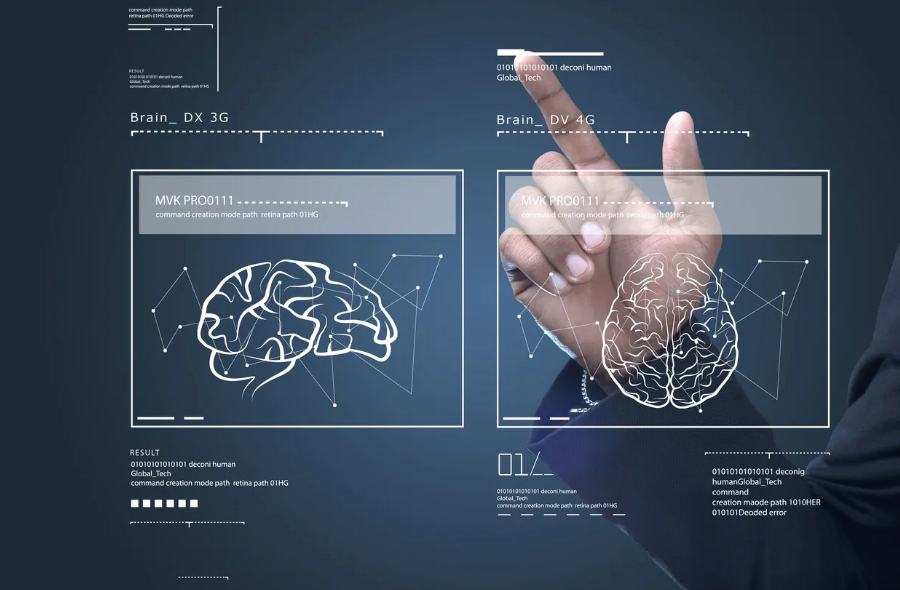The Future of AI in Healthcare: Promise vs. Pitfalls

In the coming years, it's anticipated that AI systems will revolutionize many sectors, including healthcare. Reports suggest that AI could surpass human physicians in diagnosing illnesses, finding treatments, and solving patient challenges with impressive speed and accuracy. Some even claim AI might offer better bedside manners than human doctors. The promise of a chatbot-style consultation that is cheaper, faster, and more accessible than traditional healthcare sounds appealing. But is this a panacea or a peril?
At first glance, the idea of AI handling healthcare seems like a win-win: reduced costs, quick responses, and easy access to medical advice. Imagine a sleek AI interface that swiftly analyzes your symptoms, provides a diagnosis, and suggests treatments without the hassle of traditional appointments. This efficiency could be a major advantage, saving both time and money for patients.
However, let’s delve deeper. AI’s potential dominance in healthcare raises several concerns. Firstly, an AI-driven healthcare system could lead to a monopolistic or oligopolistic market where only a few major players control the industry. This concentration could stifle competition, leaving patients with limited choices. Unlike traditional healthcare, where you can switch doctors or seek second opinions, an AI monopoly might trap you in a single, potentially unsatisfactory or even dangerous system.
Moreover, AI’s rise could result in unchecked power in the hands of a few corporations. Once these entities control the market, they might inflate prices and limit service quality, exploiting their monopoly status much like how social media giants dominate their spheres. The lack of diverse options means you’d have fewer avenues to voice dissatisfaction or seek alternatives.
There’s also the issue of accountability. AI systems are not infallible; they are susceptible to biases, malfunctions, and errors. These systems are designed by humans and, consequently, inherit human biases. Additionally, technical problems such as data drift, adversarial attacks, and maintenance issues can compromise AI performance. When these errors occur, who is accountable? Big tech companies, which may be immune to meaningful legal consequences, might evade responsibility, leaving you powerless against potential missteps or biases in your AI healthcare service.
In essence, while AI holds significant promise for transforming healthcare with its efficiency and cost-effectiveness, it’s crucial to approach its integration cautiously. We must consider the risks of monopolistic control, limited choices, and the challenge of holding these systems accountable. The transition to AI in healthcare should be managed carefully to avoid undermining the very benefits it aims to provide.
The future of AI in healthcare is a double-edged sword. As we move forward, let’s ensure that while embracing technological advances, we also safeguard against potential pitfalls to create a system that truly benefits everyone.
If you found this helpful, subscribe to Dr. Bibi's Newsletter for cutting edge skincare and share this article. For further insights into skincare simplification, check out my book "Sick Skin - Skin Care Made Simple" on Amazon, now available in audio.
Thanks for reading and God bless.
Yuval Bibi, MD/PhD - Board Certified Dermatologist

Share and get 15% off!
Simply share this product on one of the following social networks and you will unlock 15% off!